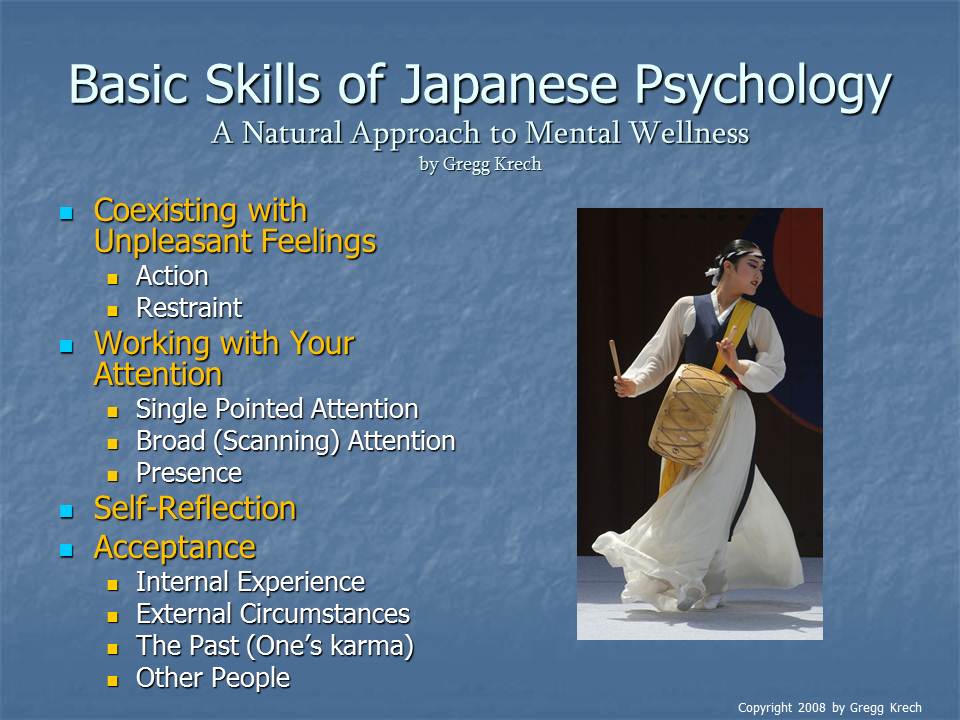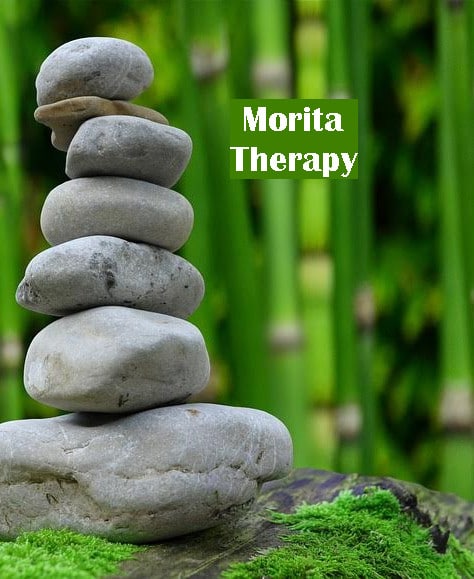When I give a presentation on Japanese Psychology, I often ask people to calculate how many days they have left to live. On average, we start with about 30,000 days. But if you’re in your forties (or older), you’ve probably used up more than half those days already. Of course, we don’t know the exact number of days we have left, but we know our time is limited. As we get older, we often try to make the number larger by making lifestyle choices that might buy us some extra time. And there’s pretty good evidence that choices like not smoking, daily exercise and an emphasis on a plant-based diet will buy us extra time, at least for many of us.
“We’ve determined that being fit is not just delaying the inevitable, but it is actually lowering the onset of chronic disease in the final years of life,” said Dr. Jarett Berry, assistant professor of internal medicine and senior author of the study.
Recently, an unusual study was published in the Archives of Internal Medicine that focused less on how long you may live and instead on what kind of quality of life you can expect during the last segment of your life (age 70 forward).
Researchers at the University of Texas Southwestern Medical Center and the Cooper Institute in Dallas reviewed medical records for 18,670 middle-aged men and women who received a medical checkup beginning in 1970. These men and women (average age of 49) were healthy and free of chronic diseases at the time of their checkup. They were given a treadmill test to determine their aerobic fitness level. Based on the results of the fitness test, they were divided into five fitness groups, with most participants, like many Americans, in the not-very-fit group.
Fast forward 30-40 years. Now the researchers checked Medicare claims records from 1999 through 2009 for those same people. By then, most of the participants were in their 70s or 80s. So what did they discover?
Analysis of the participants’ health showed that when patients increased fitness levels by 20 percent in their midlife years, they decreased their chances of developing chronic diseases – congestive heart failure, Alzheimer’s disease, and colon cancer – decades later by 20 percent. Those in the fittest group not only lived longer than the least fit, but they were also more likely to live well during their older years. If we live out our thirty thousand days (or more) we may inevitably get ill. But would you rather spend the last twenty years of your life struggling with chronic illness or the last four? Mid-life fitness equals a better quality of life as you age.
“We’ve determined that being fit is not just delaying the inevitable, but it is actually lowering the onset of chronic disease in the final years of life,” said Dr. Jarett Berry, assistant professor of internal medicine and senior author of the study.
In a nutshell, it comes down to this: If you’re willing to invest in your health by getting in shape during your mid-life years, you not only buy yourself extra time to live, but you also limit the time that you have to live with illness and disease when you get older. That’s a great investment and it should be more than enough incentive to get you out jogging, walking, biking or whatever you need to do to get to the next level of fitness.
“You don’t have to become an athlete,” says Dr. Benjamin Willis, who led the study and has little time for exercise himself, but tries to fit in a daily walk. “Just getting up off the couch is key.”
I’m an older parent and my oldest daughter has just started high school. I spend a fair amount of time watching both of my daughters play soccer, basketball and softball. I’m hoping to be able to hike, bike and play basketball with them when they’re graduating college . . . and beyond. That means I need to spend less time being a spectator and more time being active and keeping my body moving. After all, that’s what these bodies are designed for.
Gregg Krech is a leading expert in Japanese Psychology and author of several books, including, A Natural Approach to Mental Wellness. He will be teaching an online course based on this book, beginning on September 20th.
Tags: Action Exercise Health Mental Wellness Taking Action Thirty Thousand Days













